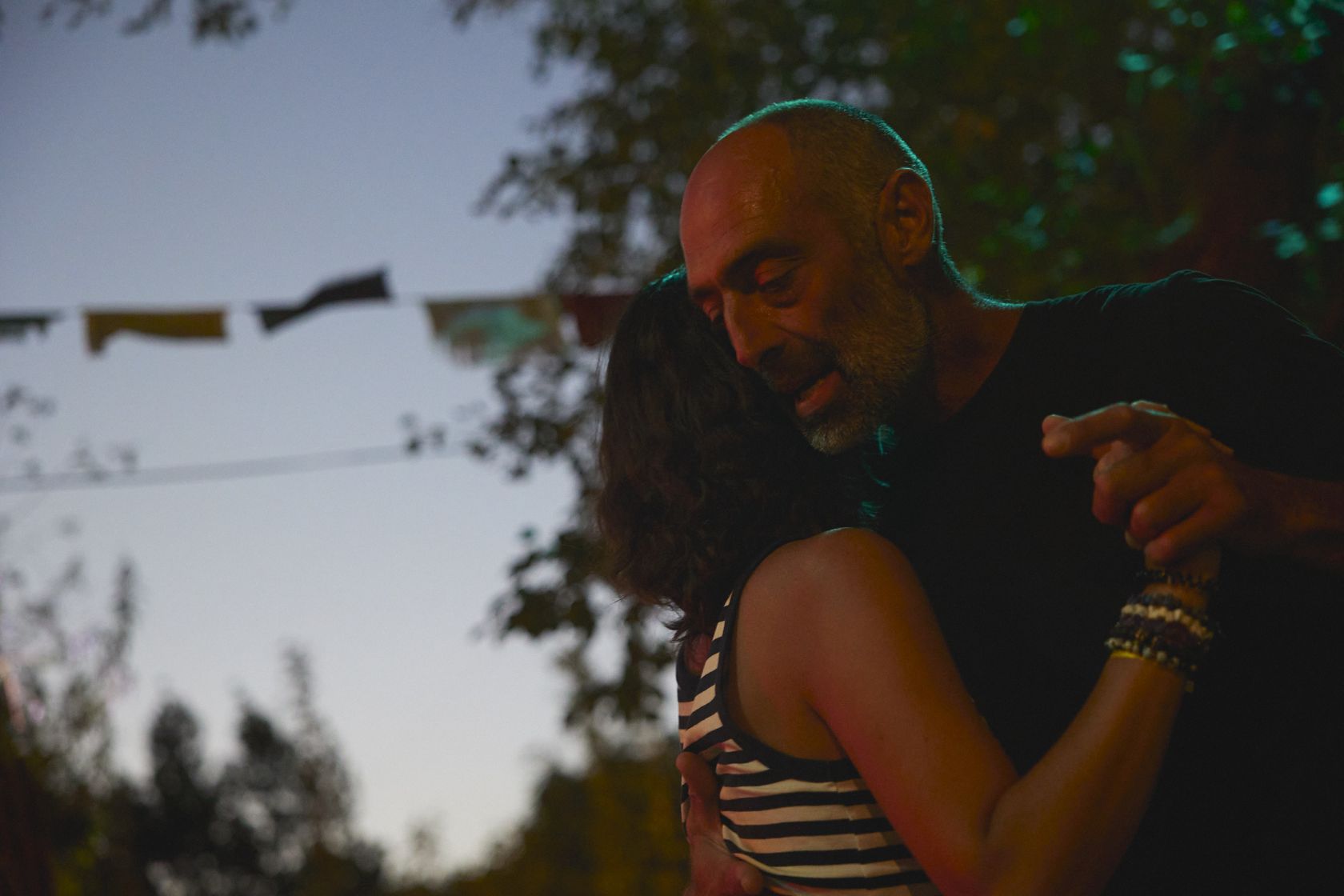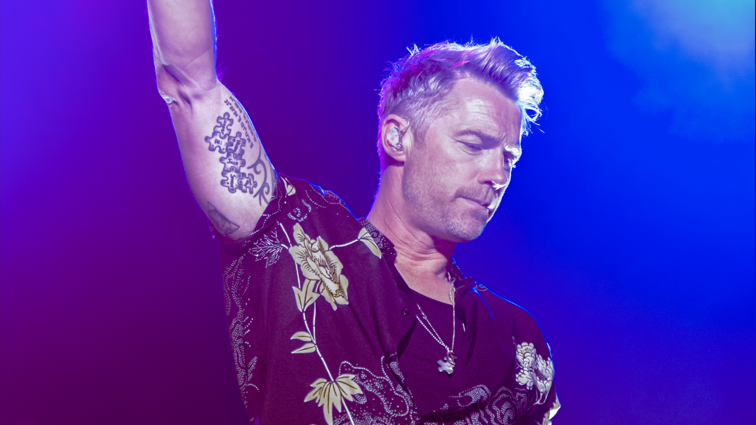It was wonderful to speak with Brazilian dance teacher, Juliana Braga, all about the soul-enriching Forró.
Juliana has 35 years of experience in teaching Forró and has developed the movement in the Algarve, where she teaches Forró and other Brazilian dances across the Algarve. Juliana shared that she has travelled the globe, where she has done talks and participated in a multitude of Forró Festivals across Europe, including Japan and Russia. She has worked with organisations like CliniClowns, 5D Festival, Uitmarkt Amsterdam, Mixmax Brazil, Samba Salad, Roots Festival and Buitenkunst. “Myself and other professionals are really spreading Forró across the globe!”
Juliana explained that when she moved to Holland, she missed Brazil and the dances she used to do, with Forró being one of them. So she started giving classes in Holland, and it became this huge project there. In 2007, Juliana Braga established her own dance school: the Espaço Cultural. This cosy dance school is located in the heart of Amsterdam and Juliana has dance teachers teaching classes there whilst she is away.

The History of Forró
Juliana Braga explained that the term Forró means a “great party” and it is a popular dance in Brazil, “with every Brazilian knowing the basic steps, as dance plays an important role in the traditional annual Festa Junina. Instruments traditionally used in Forró music are accordion, triangle and zabumba, and a big drum. The couple often dances close together in forró and the dance also involves a lot of improvisation. There are several rhythms, like the slow xote, baiao and the fast arraste-pé.”
Further adding “as is all Brazilian music, we are a mix of rhythms, so the instruments are the acordion which is not originally from Brazil and it is from Portugal and France because they went to Brazil and brought that there.”

“Since, it is normal that we dance it at family parties in Brazil, and it is a very popular dance, and for 15 years it has been growing in Europe so much. You see a lot of people dancing Forró in Lisbon and in Porto and now I have started it in the Algarve. The movement starts when people understand how to dance and how to enjoy the music, not only to listen. Forró is really to dance and start a party and not to stay still!”
Bringing Forró to the Algarve
Juliana at the time was running her successful dance school in Holland but moved to the Algarve for part of the year around five years ago, “I bought a house with a friend in the Algarve, I wanted to be closer to nature and have a calmer pace of life, which is why I came to Portugal.”

Jokingly adding that “I could not stay quiet which is why I started giving classes and every summer I was coming to give some but in July last year, I decided to stay here and see how Forró grows in the winter. I believe people need to have meetings and to dance as it is so quiet here in the wintertime, which is how Forró started to grow. I decided to travel everywhere and give classes all over the Algarve and it is beautiful.”

Forró Festival
“In March of this year, I did the first Forró Festival in the Algarve, where 150 people came from abroad, and it was very beautiful, with live music and dancing on the beach, it felt like being in Brazil.”
Juliana confirmed that she is going to do another Forró Festival due to popular demand. “Forró da Utopia” 2nd edition will take place once again at the start of March, with the date still to be confirmed on her website. “The festival will take place in Aljezur before the high season begins but I will announce this on my social media closer to the time.”

Forró Classes
For more information and to get involved, please visit www.julianabraga.nl and on Instagram: @Juliana.Braga.9862 and @Forrodautopia or alternatively, on Facebook by searching Juliana Braga espaço cultural.















